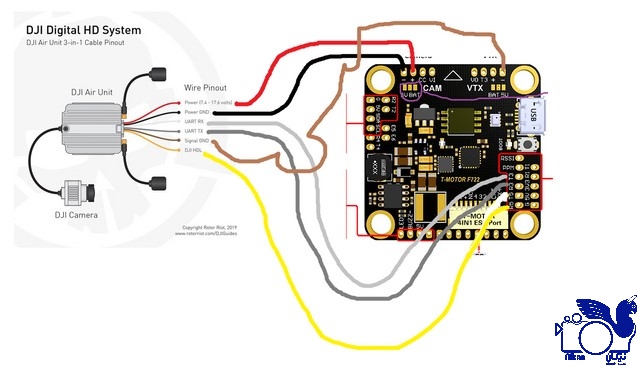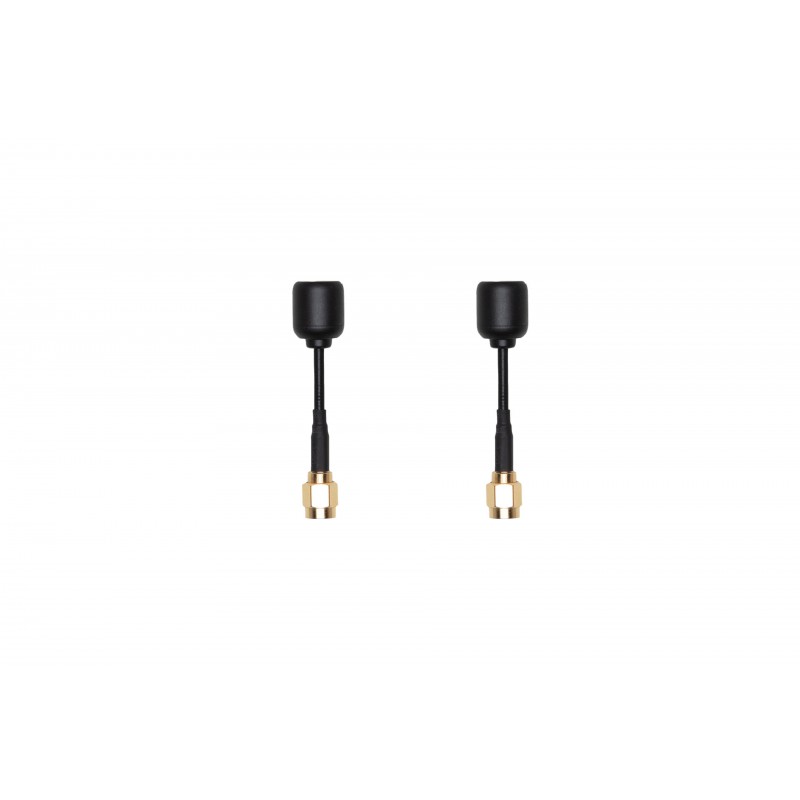
They’ve also turned our attention toward a global chip shortage. They have reassured us that they will still be producing Vistas and Air units. Meanwhile, Caddx (manufacturer of the popular Caddx Vista unit) has made a statement on their Facebook page. That stirred up some confusion, but it quickly settled down once the DJI FPV drone leaks started surfacing. Are they abandoning their original FPV series? Is there an Air Unit v2 on the horizon? Earlier this year, DJI stopped producing the v1 FPV goggles in favor of the v2 FPV goggles (which are compatible with v1 Air Units and Vistas). Happy flying (and, likely, soldering).The wording isn’t very clear. DJI did not provide a link to their Remote Controller 2 as it seems to be back-ordered with many retailers.Īn installation guide was also created for smoother set up. DJI Goggles 2 is also available for $649 and includes the goggles, battery, eyeglass frames, screen protector, headband, power cable, dual-band antenna, and OTG cable. The DJI O3 Air Unit is available today through DJI's site, along with most authorized FPV retailers, for $229 and includes the Camera Module, Transmission Module, Antenna, and 3-in-1 cable.

Dji fpv air unit manual#
DJI's FPV Remote Controller 2, which allows users to fly in Manual (M) mode, is compatible as well.ĭJI's FPV Remote Controller 2 is compatible with the O3 Air Unit. The latter features a touchscreen, replaceable foam padding that reduces light leakage, and built-in diopters that are adjustable from +2.0 to -8.0. The O3 Air Unit is compatible with the DJI FPV Goggles V2, introduced with the original DJI FPV drone, and the Goggles 2 which debuted with the Avata. DJI says that in the event of encountering a crowded signal environment, the O3 will detect the strongest signal, while using its anti-interference technologies, to ensure the pilot stays connected.ĭJI's Goggles 2, introduced with the Avata, are compatible with the O3 Air Unit. Video transmission covers an area up to 10km (6.21 miles) at a latency as low as 30 milliseconds. It's built on DJI's O3+ system and uses omnidirectional antennas built into the air unit to deliver 1080/100p H.265 video transmission at a bitrate up to 50Mbps.

Up to 4K/60p video can be captured and D-Cinelike color mode is available to give users more flexibility when post-processing their videos.

The module boasts a 48MP Type 1/1.7 (7.6x5.7mm) sensor with a fixed F2.8 aperture and a super-wide 155º FOV. Measuring 21.2×20×19.5 mm, the O3 Air Unit's camera is the same one used in the DJI Avata.

Now, it's offering FPV fliers a chance to incorporate some of its technology onto a variety of third-party rigs with the introduction of the O3 Air Unit. Leading drone manufacturer DJI ventured into the FPV (first-person view) world in March, 2021, with the original FPV drone followed by this year's Avata.


 0 kommentar(er)
0 kommentar(er)
